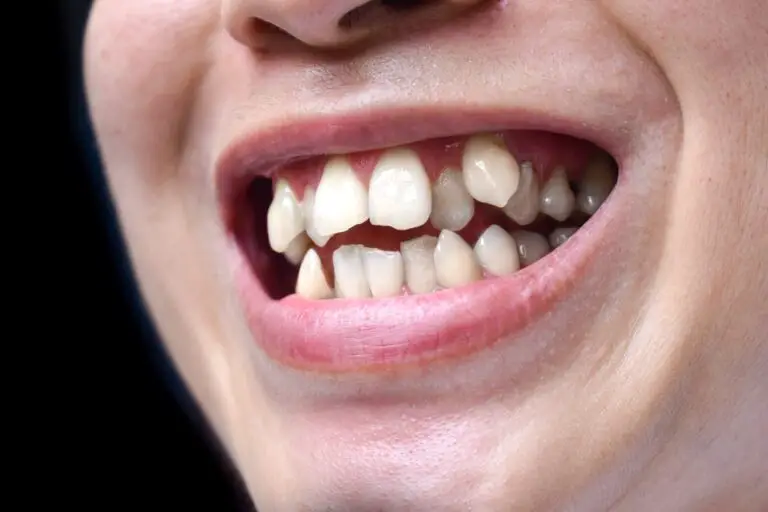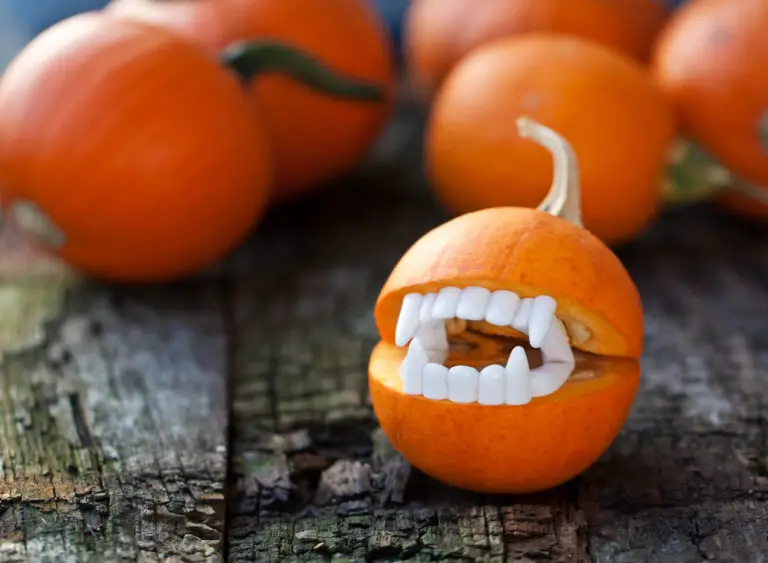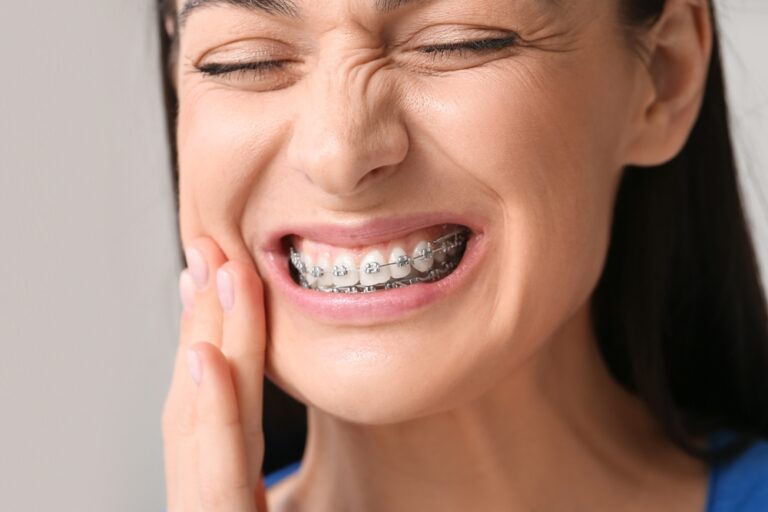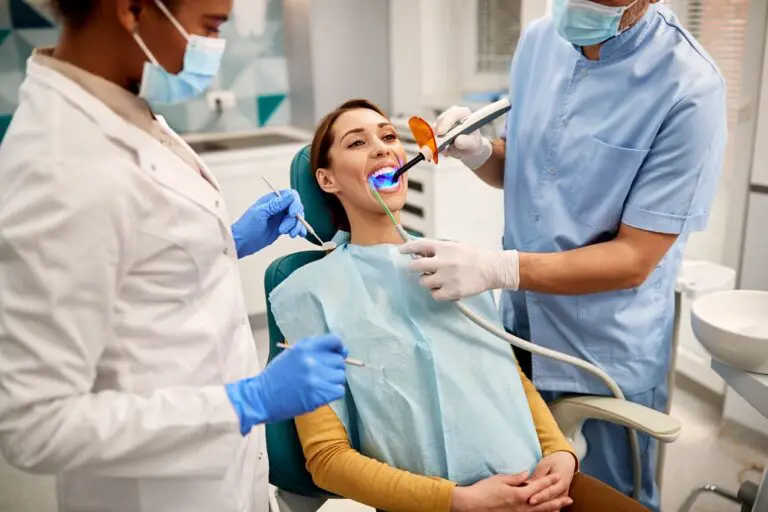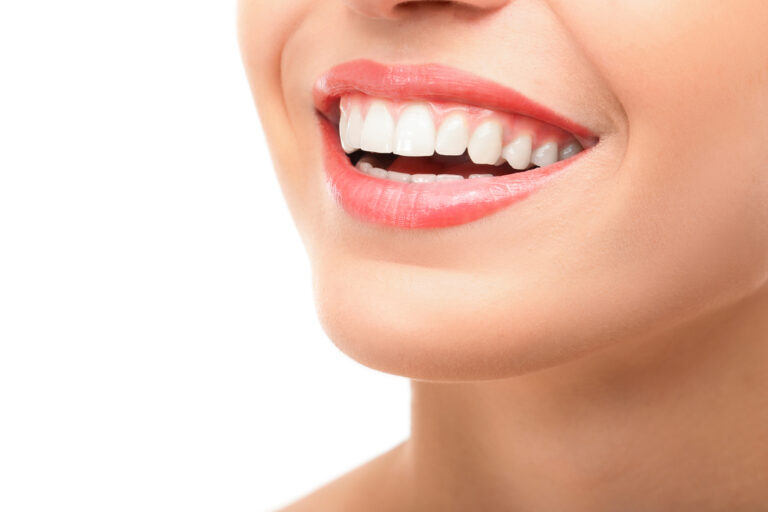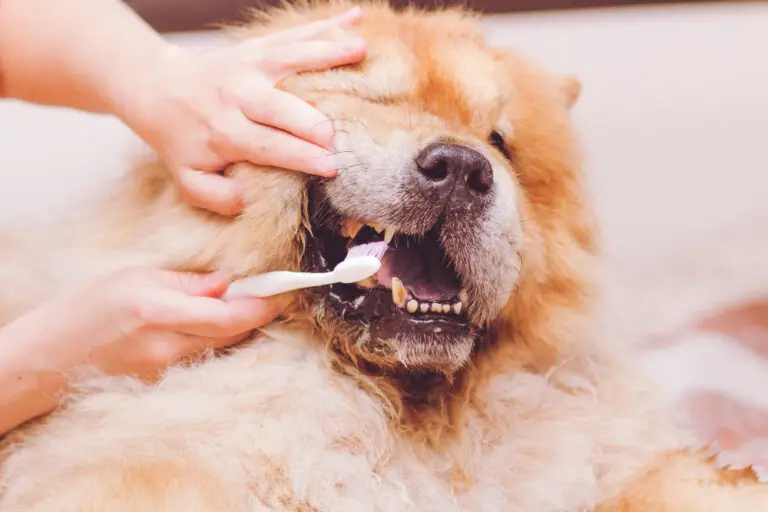Are you experiencing tooth bone loss and wondering if there are natural ways to restore it? Good news! There are several natural remedies that can help you rebuild your tooth bone and improve your dental health. Tooth bone loss can be caused by various factors, including poor oral hygiene, gum disease, aging, and certain medical conditions. If left untreated, it can lead to tooth mobility and eventually tooth loss. That’s why it’s crucial to take action as soon as possible to prevent further damage and restore your tooth bone.
One of the most effective ways to restore your tooth bone naturally is to maintain good oral hygiene. This includes brushing your teeth twice a day with fluoride toothpaste, flossing daily, and using mouthwash to kill bacteria. Additionally, you can try oil pulling, a traditional Indian remedy that involves swishing oil in your mouth for several minutes to remove toxins and bacteria. Coconut oil is a popular choice for oil pulling due to its antibacterial and anti-inflammatory properties.
Another natural remedy for tooth bone loss is to consume a diet rich in calcium, vitamin D, and other minerals that are essential for bone health. Foods such as dairy products, leafy greens, nuts, and fatty fish are excellent sources of these nutrients. You can also take supplements if you’re not getting enough from your diet. However, it’s essential to consult your dentist or doctor before taking any supplements to ensure they’re safe and effective for you.
Understanding Tooth Bone Loss
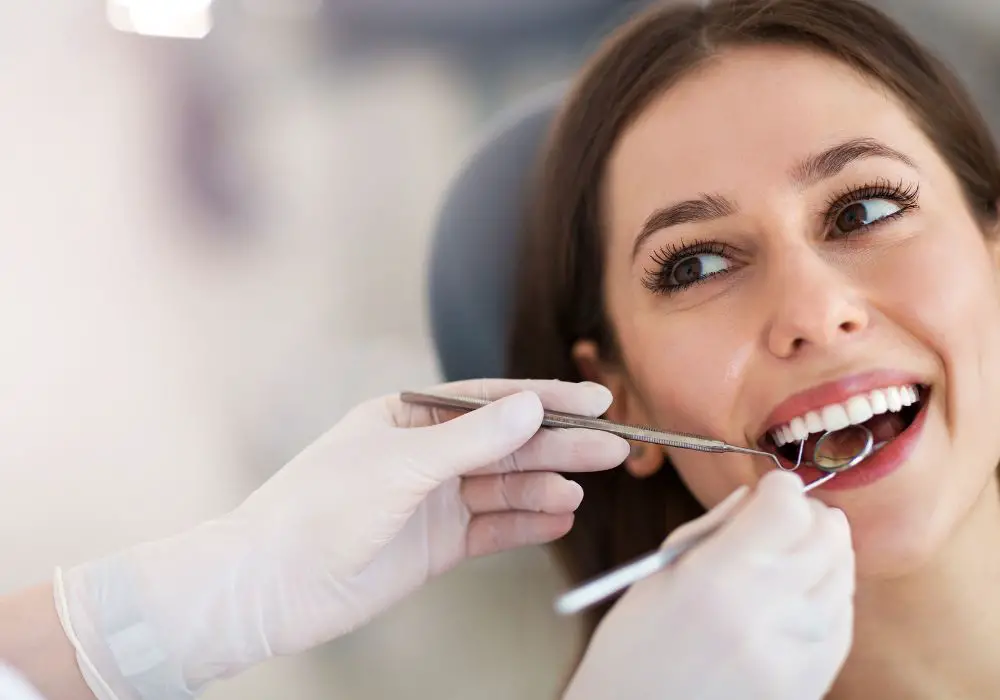
If you’re experiencing tooth bone loss, it’s important to understand what’s causing it and what symptoms to look out for. Here are some key things to know:
Causes of Tooth Bone Loss
Tooth bone loss can be caused by a variety of factors, including:
- Poor oral hygiene: Not brushing and flossing regularly can lead to the buildup of plaque and tartar, which can cause gum disease and tooth decay.
- Gum disease: When bacteria in the mouth infect the gums, they can cause inflammation and damage to the surrounding bone and tissue.
- Tooth loss: When a tooth is lost, the bone that supported it can begin to deteriorate over time.
- Aging: As we age, our bones naturally become less dense and more prone to damage.
Symptoms of Tooth Bone Loss
Some common symptoms of tooth bone loss include:
- Loose or shifting teeth
- Receding gums
- Gaps between teeth
- Sensitivity to hot and cold foods and drinks
- Pain or discomfort when chewing
- Changes in the way your teeth fit together when you bite down
If you’re experiencing any of these symptoms, it’s important to see a dentist as soon as possible. They can diagnose the underlying cause of your tooth bone loss and recommend the best course of treatment for your specific situation.
Natural Remedies for Tooth Bone Loss
If you’re experiencing tooth bone loss, you may be wondering if there are natural remedies that can help. While it’s important to consult with a dentist to address the issue, there are some things you can do at home to support your dental health. Here are some natural remedies to consider:
Diet and Nutrition
Your diet can play a big role in the health of your teeth and bones. Here are some dietary changes you can make to support tooth bone health:
- Increase your intake of calcium-rich foods, such as dairy products, leafy greens, and fortified foods.
- Eat foods that are high in vitamin D, which helps your body absorb calcium. Good sources include fatty fish, egg yolks, and fortified foods.
- Avoid sugary and acidic foods, which can contribute to tooth decay and erosion.
- Consider taking a multivitamin or mineral supplement to ensure you’re getting all the nutrients you need.
Exercise and Physical Activity
Physical activity can also support the health of your teeth and bones. Here are some ways to get moving:
- Engage in weight-bearing exercises, such as walking, jogging, or weightlifting, which can help build bone density.
- Practice good posture to support spinal health, which can in turn support dental health.
- Consider yoga or other forms of exercise that promote relaxation, as stress can contribute to dental problems.
By making these natural remedies a part of your dental care routine, you can support the health of your teeth and bones. However, it’s important to remember that tooth bone loss can have many causes, and it’s important to work with a dentist to address the underlying issue.
Maintaining Oral Hygiene
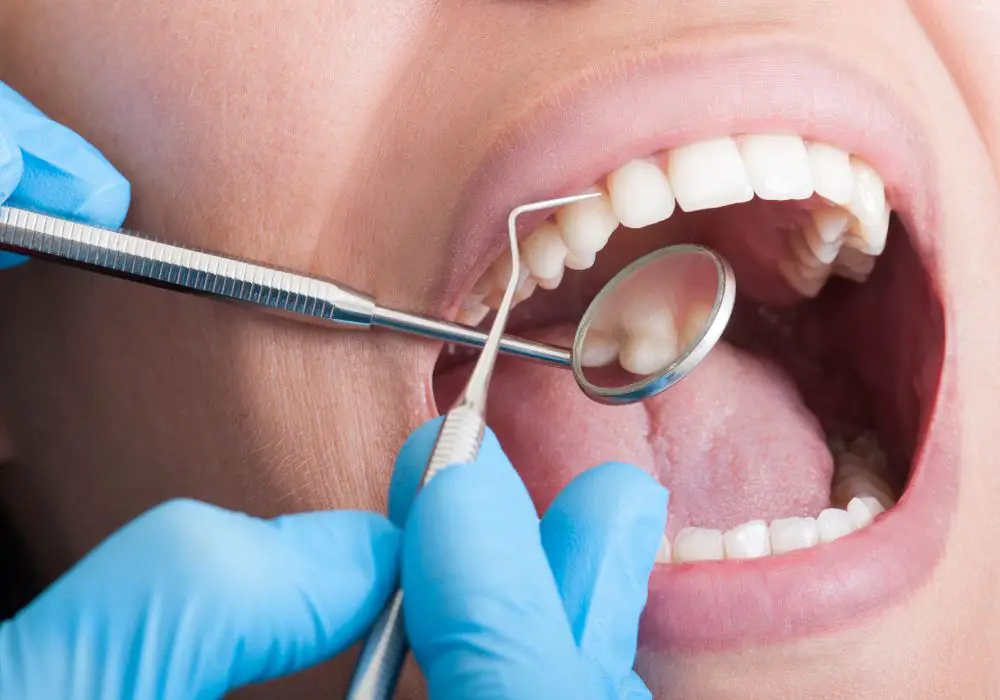
Taking care of your oral hygiene is crucial for preventing and treating tooth bone loss. Here are some simple steps you can take to maintain good oral hygiene:
Regular Brushing
Brushing your teeth regularly is the most important step in maintaining oral hygiene. Brush your teeth twice a day, for at least two minutes each time. Use a soft-bristled toothbrush and fluoride toothpaste. Be sure to brush all surfaces of your teeth, including the front, back, and chewing surfaces.
Flossing
Flossing is another important step in maintaining oral hygiene. Floss your teeth at least once a day to remove plaque and food particles that your toothbrush can’t reach. Use a gentle back-and-forth motion to slide the floss between your teeth. Be sure to floss both sides of each tooth, and don’t forget to floss behind your back teeth.
Mouthwash
Using mouthwash is an additional step you can take to maintain good oral hygiene. Mouthwash helps kill bacteria and freshen your breath. Choose a mouthwash that contains fluoride to help strengthen your teeth. Swish the mouthwash around your mouth for 30 seconds, then spit it out.
By following these simple steps, you can maintain good oral hygiene and prevent tooth bone loss. Remember to visit your dentist regularly for checkups and cleanings.
Lifestyle Changes
Making some lifestyle changes can help prevent dental bone loss and assist in the regrowth of lost bone. Here are a couple of changes you can make to your lifestyle to help restore your tooth bone loss naturally.
Quitting Smoking
Smoking can cause a lot of harm to your dental health. It can lead to gum disease, tooth decay, and bone loss. Studies have shown that smoking can cause your body to absorb less calcium, which is essential for healthy bones. Quitting smoking can help you restore your tooth bone loss naturally.
Limiting Alcohol Intake
Drinking too much alcohol can also lead to dental bone loss. Alcohol can interfere with the absorption of calcium, which can lead to weaker bones. If you want to restore your tooth bone loss naturally, it’s essential to limit your alcohol intake.
By making these lifestyle changes, you can improve your dental health and restore your tooth bone loss naturally.
Professional Help
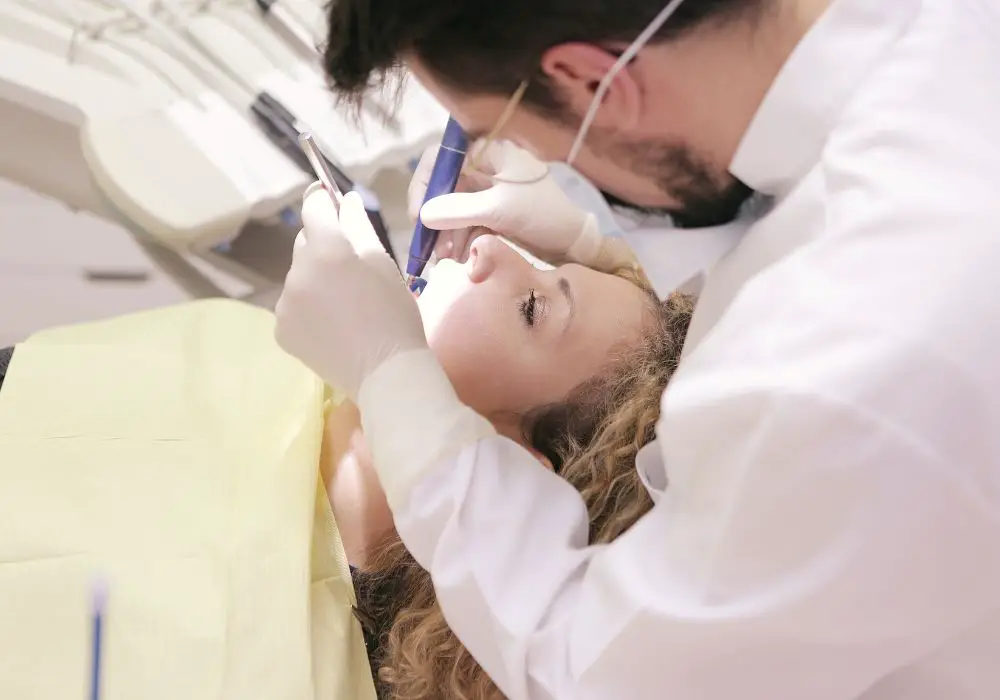
If you are experiencing tooth bone loss, it is important to seek professional help from a dentist or periodontist. They can provide you with the necessary treatment to help restore your tooth bone loss. Here are some ways that a dental professional can help:
Regular Dental Check-ups
Regular dental check-ups are important for maintaining good oral health. During these check-ups, your dentist can detect any signs of tooth bone loss and recommend the appropriate treatment. They can also provide you with tips on how to maintain good oral hygiene to prevent further bone loss.
Bone Grafting
Bone grafting is a common procedure used to restore tooth bone loss. During this procedure, a small piece of bone is taken from another part of your body, or from a donor, and transplanted to the area of bone loss. The transplanted bone then fuses with your existing bone to help restore its strength and density.
It is important to note that bone grafting is a surgical procedure and should only be performed by a qualified dental professional. Your dentist or periodontist can determine if bone grafting is the right treatment option for you.
In summary, seeking professional help from a dental professional is important if you are experiencing tooth bone loss. Regular dental check-ups and bone grafting are just a few ways that they can help restore your tooth bone loss.
Frequently Asked Questions
How can I naturally rebuild bone loss in my teeth?
There are several natural ways to rebuild bone loss in your teeth. One way is to consume foods rich in calcium, such as dairy products, leafy greens, and nuts. Another way is to consume foods rich in vitamin D, such as fatty fish, egg yolks, and mushrooms. Additionally, regular exercise can help stimulate bone growth.
What are some remedies for tooth bone loss?
There are several remedies for tooth bone loss, including oil pulling, which involves swishing oil around your mouth to remove bacteria and promote oral health. Another remedy is to use a saltwater rinse, which can help reduce inflammation and promote healing. Additionally, herbal remedies such as aloe vera and chamomile can help reduce inflammation and promote healing.
Can bone loss in the mouth be reversed?
Yes, bone loss in the mouth can be reversed. With proper treatment and care, the bone can regrow and become healthy again. Treatment options may include bone grafting, which involves adding new bone to the affected area, or scaling and root planing, which involves deep cleaning of the teeth and gums.
What vitamins can help with bone loss in teeth?
Vitamins that can help with bone loss in teeth include calcium, vitamin D, and vitamin K. Calcium is essential for building strong bones, while vitamin D helps the body absorb calcium. Vitamin K is also important for bone health, as it helps regulate calcium in the body.
What are the symptoms of bone loss in teeth?
Symptoms of bone loss in teeth may include loose teeth, receding gums, and changes in bite or alignment. Additionally, you may experience sensitivity to hot or cold foods, bad breath, or pain when biting or chewing.
How can I stop bone loss in my gums?
To stop bone loss in your gums, it is important to practice good oral hygiene, including brushing and flossing regularly. Additionally, you should visit your dentist regularly for check-ups and cleanings. Eating a healthy diet rich in vitamins and minerals can also help promote oral health and prevent bone loss.

